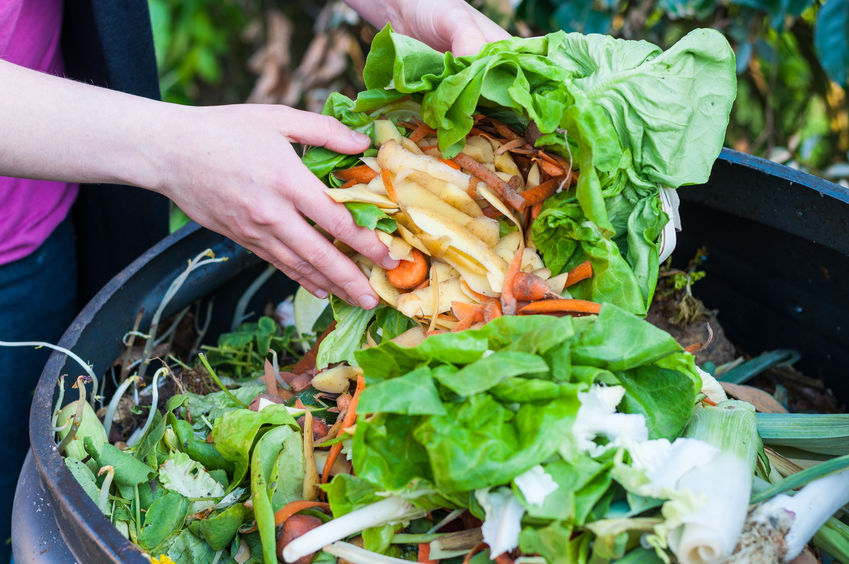


If you really want to decrease your carbon footprint, a great way to do so is by creating your own compost from food and yard scraps. However, it’s virtually impossible for home-based compost to have the right makeup and quantity for all your composting needs—instead, think of home composting as a supplement to the high-quality compost you can order at The Dirt Bag. If you’re new to DIY composting, you might be surprised at what the best compost items are and what you should avoid. To get started, dedicate a bin specifically to composting. Some people like to keep their yard-based composting separate from their kitchen-based items. If you want to focus on kitchen scraps, choosing a small bin with a firmly attached lid that you can keep in the kitchen is a must to get started.
Compost is made up of raw materials that turn into organic waste as they decompose. The more items you compost, the less you’ll contribute to landfills. The Environmental Protection Agency (EPA) estimates that compostable items make up 20 – 30% of the country’s municipal solid waste. That’s up to 30% of waste that could have been composted to help yards and gardens flourish. However, not all home composting is created equally. You need a variety of different materials to create a rich product packed with diverse micro-nutrients and microbial life.
Leaves, grass clippings, and bush trimmings are some of the best yard-based compost items. They’re easy to gather, too. Simply clip the bag onto your mower for easy gathering. If you have farm animals, organic manure is also a fantastic compost ingredient. You can also compost pet bedding from herbivore critters like hamsters or rabbits. Dry cat and dog food can be composted, as can dryer lint and the dust gathered from vacuuming or sweeping. If you have old herbs or spices, put them in your compost rather than the trash or down the drain. Finally, you can compost any non-animal food scraps like coffee grounds, tea leaves (and even tea bags without the staples), fruits, veggies, starches, and more. Old wine can be composted, too.
There are some compostable items that need a little prep work. For instance, you can compost paper (including newspapers and paper bags) but only if they’re shredded first. The same goes for cardboard, toilet paper rolls, egg cartons, and clean tissues. Old clothes, sawdust, nutshells, all types of hair, fruit pits, wine corks, and pine cones are just a few more items that can be composted if they’re broken down a bit.
Avoid long or big branches (those must be broken down and can be time-consuming). Blackberry and raspberry brambles also don’t belong in compost. However, the worst thing you can put in compost is pet droppings from animals that eat meat, especially cats and dogs. Any animal products like meat, dairy, or skins should always stay out of composting.
Ready to go green? Start your own composting bins and connect with The Dirt Bag to supplement your compost with our bagged, deliverable options.